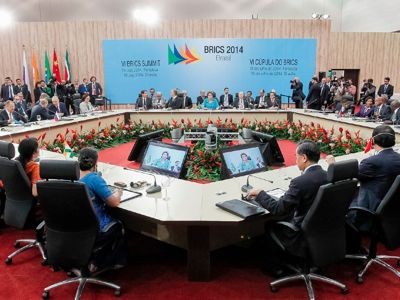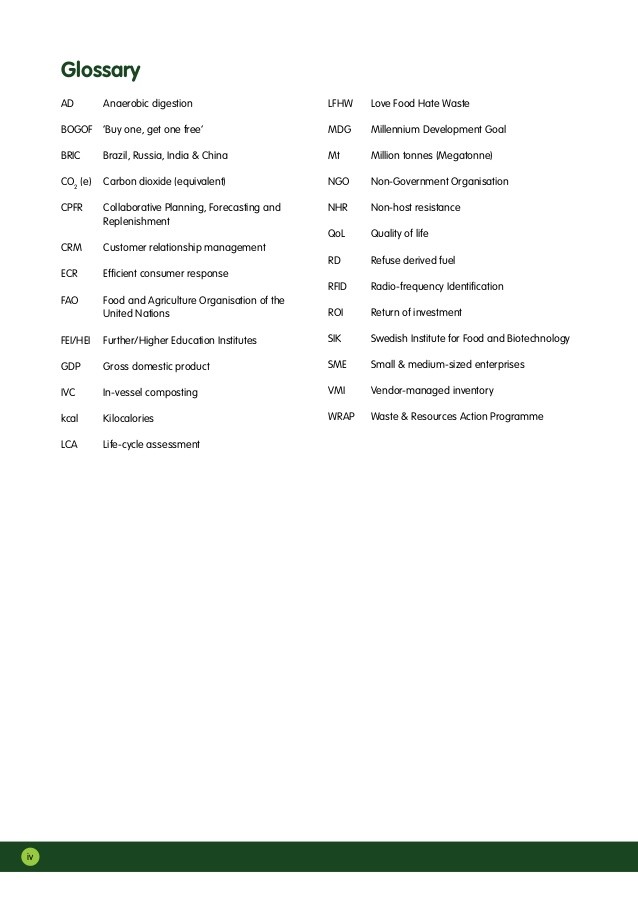Special issue on BRICS – Advanced and Innovative Food Science at BRICS Countries Food Research
Post on: 16 Март, 2015 No Comment

BRICS is an acronym that stands for Brazil, Russia, India, China, and South Africa. Since the first BRICS summit in 2009, plans to boost agriculture-related activities have been considered as these activities could promote food security, economic stability and be the basis for new scientific and technological advances towards more sustainable economies. The recent created BRICS Bank will have a major role in boosting agriculture in these countries. The actions to overcome several challenges posed by these countries in the agricultural field will have to be dealt with based on a strong scientific background in order to ensure long and steady advances.
Together, BRICS respond to almost half of the worlds population, 25% of worlds lands and account for a quarter of global GDP. Therefore, it is clear that innovative food science research to boost scientific advances that can be applied at different nodes of production chain will be a key-factor for a successful implementation of BRICS Agricultural Action. As rapid-growing economies and considering the availability of natural resources, BRICS members have heavily investing in food science research in the last years.
Given the above, Food Research International is now seeking innovative and advancedresearch articles and review manuscripts related to broad topics in food science, engineering, technology and nutrition that are conducted or performed in collaboration with BRICS countries. Topics of interest mainly include:
- food chemistry
- food microbiology
- food safety
- food mycology
- food toxicology
- food packaging
- functional foods
- materials science of foods
- food engineering
- physical properties of foods
- sensory and consumer sciences
- food quality
- health and nutrition
- food biophysics
- analysis of foods
- food nanotechnology
- emerging technologies

Detailed subjects of interest include, but are not restricted to:
- Chemistry of major and minor compounds of foods and their stability during processing, from field to consumption;
- Interactions of major and minor compounds with other chemical components of foods and beverages;
- Analytical methods to characterize major and minor compounds of foods and beverages;
- Nutritional aspects of food preparation, processing and consumption;
- Influence of environment on chemical composition and sensory properties of ingredients and foods;
- Speciation and protected designation of origin of foods and beverages;
- Prediction and quality aspects of foods and beverages;
- Health effects and nutraceutical properties of foods, beverages and their components;
- Sensory aspects of foods and beverages;
- Consumer studies and behavior;
- Biotechnological aspects related to food and beverages;
- Chemical, biochemical, nutritional and health aspects of exotic foods and beverages;
- Sustainability aspects of foods and beverages production;
- Microbiological and food safety aspects of foods and beverages;
- Toxicological aspects related to foods and beverages and their components and exposure of humans to chemical contaminants;
- Use of omics to study chemical, microbiological and nutritional aspects of foods and beverages;
- Impact of emerging technologies on stability, safety and functionality of foods and beverages;
- Advanced and interdisciplinary approaches to study any aspects of foods and beverages.
Submission guidelines:
Authors are invited to submit an original manuscript, short communication or review paper for publication in a Food Research International special issue BRICS. Please refer to the journals Guide for Authors for specific advice on how to prepare a paper. Papers must be submitted electronically via the Elsevier Editorial System (EES) site for the Journal — beginning in November 1 st (select SI: BRICS ). Closing date for submissions is March 15 th. 2015. Review articles are particularly welcome and any inquiries regarding the content of papers should be submitted to Anderson SantAna .
November 1 st. 2014: Beginning of paper submission
March 15 th. 2015: Deadline for paper submission
November 2014-April 2015: Period of peer-review process
December 2014-May 2015: Revised manuscript due
August 2015: Publication














